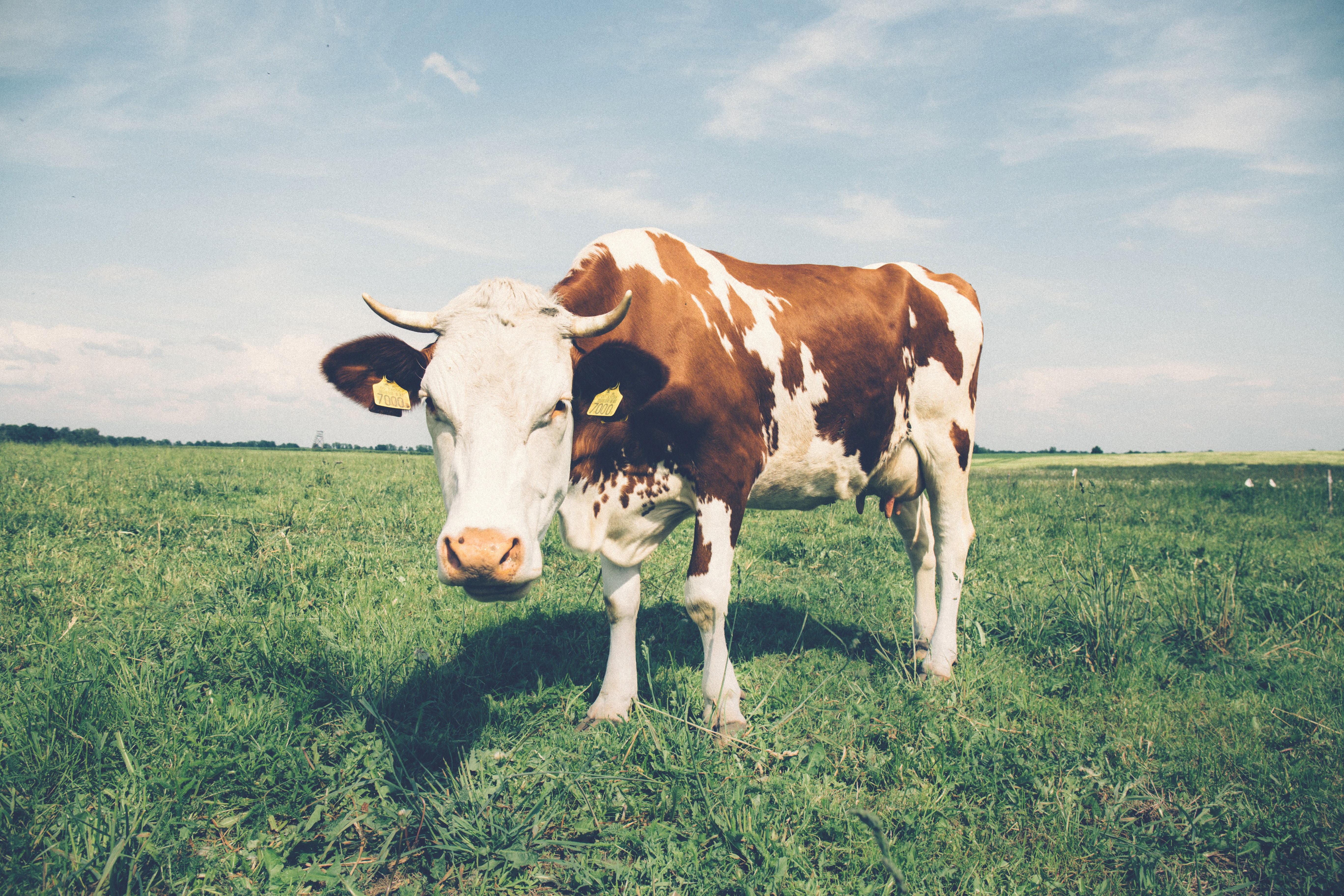Veganism is often considered a radical form of dietary behaviour…but, is it really that radical? Let’s take a look at why so many of us are swapping cheddar-filled beef burgers and mozzarella-covered pizzas for meat- and dairy-free alternatives.
Environmental Impact
It is a well-known fact that cows produce vast amounts of methane. But have you ever considered the land needed for cattle to graze? Thousands of trees are currently being chopped down and destroyed to make space for land on which animals can feed. This destructive deforestation is particularly prevalent in Brazil, home to more than half of the amazon rainforest. As a result, we have seen a spike in greenhouse gas emissions due to the combustion of forest biomass and the breakdown of plant material. This also sadly results in habitat loss and makes the extinction of species more likely.
What’s more, trees absorb carbon dioxide and give out oxygen, so a decrease in their numbers leads to higher CO2 levels in the atmosphere. Boycotting the meat and dairy industry will definitely help reduce demand for farmland, resulting in less deforestation in the long run.
Health Benefits
The vegan diet is jammed full of fruits and vegetables as well as fibre and vitamin C, all of which are thought to protect against various cancers. Also, animal fats have been linked to diabetes and heart disease. So, cutting these out of your diet would undoubtedly reduce your risk of health problems and promote the functioning of your healthy heart and strong bones. If that is not enough, vegans usually have a lower calorie intake than people on a standard Western diet, resulting in a lower body mass index (BMI) and less chance of obesity development.
Prevention of cruelty to animals
Animals reared for human consumption can easily be exploited. For female cattle to produce milk, they must be continuously made pregnant. On top of this, many male calves and male chicks are unnecessarily slaughtered as male cows can’t produce milk and male chicks can’t produce eggs, so are of no use to farmers.
So why isn’t everyone a vegan?
People are often reluctant to make this “drastic” change to their diets due to economic reasons and the fear that they will not be able to find suitable alternatives. Well, think again!
Believe it or not, vegans still manage to achieve a balanced diet. Many nutrients found in meats can be sourced elsewhere, in foods such as tofu, tempeh, mushrooms, lentils, cauliflower and nuts.
Milk and cheese are not the only sources of calcium, you know! Spinach, kale and figs are also rich in calcium. Let’s not forget that vegan milk alternatives are on the rise as well, with the emergence of soy milk and almond milk. Vegan cheese has even started hitting the supermarket shelves.
So, put down that bacon butty, take your last bite of that cheesy pepperoni pizza and join other vegans who are benefitting from improved health, respecting the lives of animals and effectively reducing their carbon footprint.
Jago Di Piro

